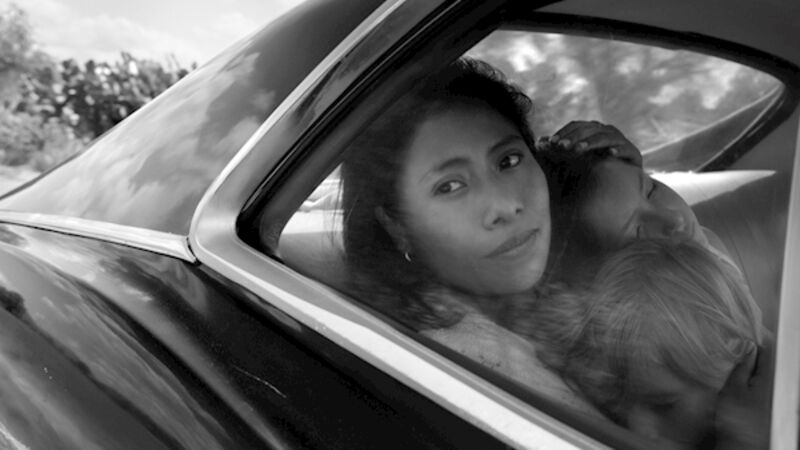We should all be feminists — but not for ourselves

I am a closeted feminist, writes I am afraid of people knowing I am one. I am afraid of being labelled with a word that many have attached negative connotations to. And I am afraid of others critiquing my feminism.
In the words of comedian Deborah Frances-White, because everything is more palatable with a seasoning of humour, I am a guilty feminist. But me aside, I’ve had a pretty cushy incarnation in this life — I’m white, I’m able-bodied, and English is my first language. My feminism isn’t about me.
















